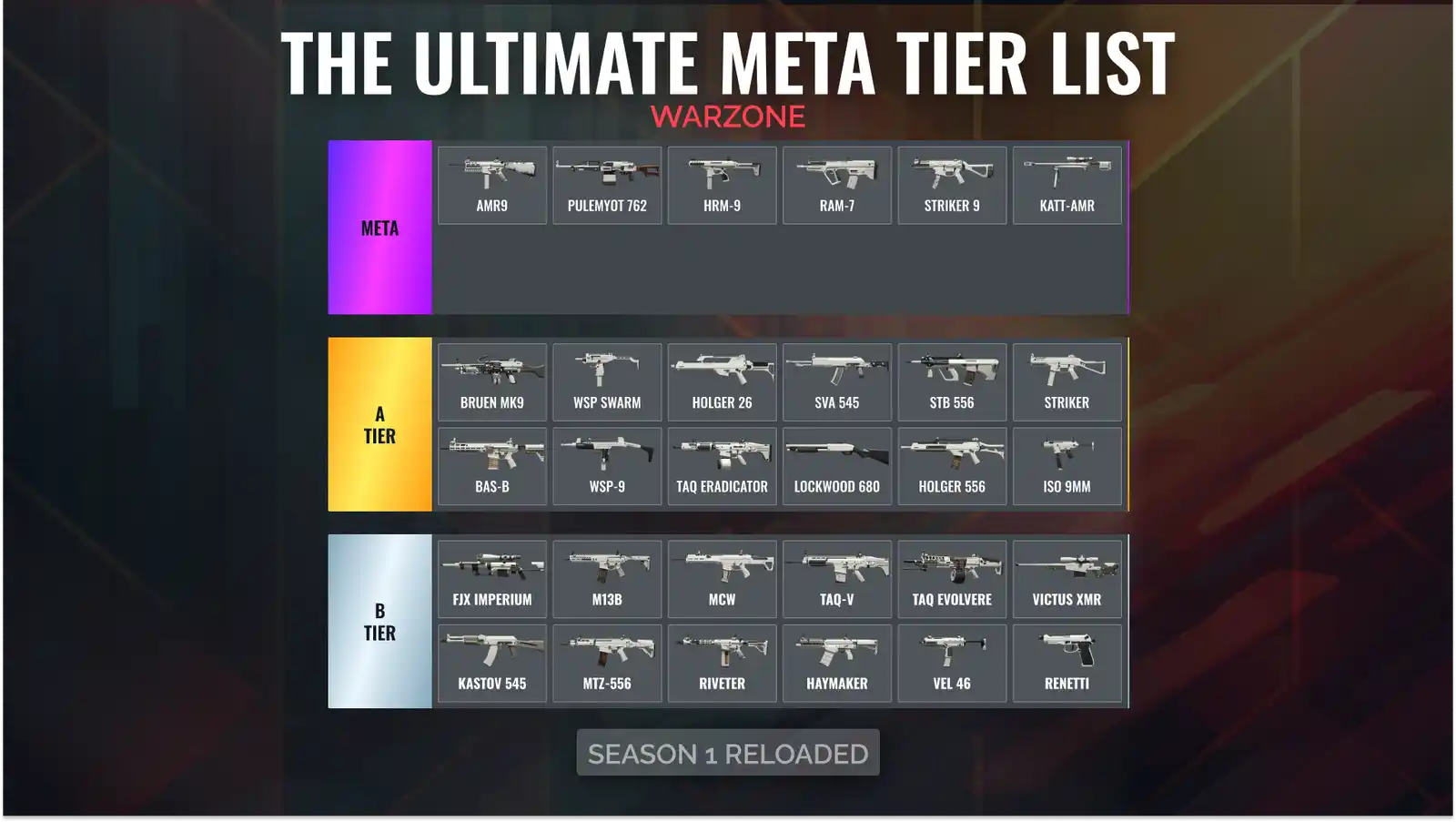Ever feel like your Roomba is just wandering aimlessly, bumping into furniture and missing spots? You’re not alone! Getting the most out of your Roomba means understanding its mapping capabilities. Let’s dive into some Roomba mapping tips for smarter cleaning and transform your robotic vacuum from a frustrating gadget into a cleaning powerhouse.
Understanding Roomba Mapping Technology
Roomba’s smart cleaning abilities come down to its mapping technology. Different models use various sensors and algorithms to create a digital layout of your home. This map allows the Roomba to clean more efficiently and effectively.
How Roomba Creates a Map
Roomba utilizes different technologies to map your home:
- Visual Simultaneous Localization and Mapping (vSLAM): Uses a camera to visually recognize landmarks and create a map.
- Laser-based Mapping: Employs a laser sensor to measure distances and build a precise map.
- Older Models: Rely on bumping and simple algorithms, offering limited mapping capabilities.
Benefits of a Good Roomba Map
A well-created Roomba map unlocks several benefits:
- Targeted Cleaning: Clean specific rooms or areas directly from the app.
- Virtual Boundaries: Set no-go zones to prevent the Roomba from entering unwanted areas.
- Improved Efficiency: The Roomba cleans in a systematic pattern, reducing cleaning time and ensuring complete coverage.
- Smart Scheduling: Schedule cleaning based on room or zone.
Roomba Mapping Tips: Setting Up for Success
Before your Roomba starts mapping, proper preparation is key. Follow these tips to ensure a smooth and accurate mapping process.
Prepping Your Home for Mapping
A clutter-free environment is essential for accurate mapping.
- Clear Obstacles: Pick up loose items like cords, toys, and clothing from the floor.
- Open Doors: Ensure all doors to rooms you want mapped are open.
- Secure Cords: Tuck away or secure any loose cords that could tangle the Roomba.
- Lift Curtains and Drapes: Make sure they won’t obstruct the Roomba’s path.
Initial Mapping Run: Patience is Key
The first mapping run is crucial. Let the Roomba do its job uninterrupted.
- Supervise the First Run: Observe the Roomba to identify potential problem areas.
- Don’t Interrupt: Avoid picking up or moving the Roomba during the mapping process.
- Allow Completion: Let the Roomba return to its base on its own.
Refining Your Roomba Map
Once the initial map is created, it’s time to refine it for optimal performance.
Using the Roomba App to Edit Your Map
The Roomba app provides tools to edit and customize your map.
- Labeling Rooms: Clearly label each room for targeted cleaning.
- Creating Zones: Define specific cleaning zones for focused cleaning.
- Setting Virtual Boundaries: Establish no-go zones to keep the Roomba out of certain areas.
- Dividing and Merging Rooms: Adjust room divisions to accurately reflect your home’s layout.
Dealing with Mapping Errors
Sometimes the Roomba map might not be perfect. Here’s how to troubleshoot common issues:
- Missing Areas: If the Roomba misses areas, try running another mapping run.
- Inaccurate Room Divisions: Use the app to divide or merge rooms as needed.
- Map Drift: If the map seems to shift over time, try cleaning the Roomba’s sensors.
Advanced Roomba Mapping Techniques
Take your Roomba mapping skills to the next level with these advanced techniques.
Using Keep Out Zones Effectively
Keep Out Zones are your secret weapon for preventing the Roomba from entering unwanted areas.
- Protecting Delicate Areas: Use Keep Out Zones around fragile furniture or plants.
- Blocking Off Pet Areas: Keep the Roomba out of pet food and water areas.
- Preventing Cord Entanglement: Block off areas with excessive cords.
Scheduling Cleaning by Room
Maximize efficiency by scheduling cleaning based on room.
- High-Traffic Areas: Schedule more frequent cleaning for high-traffic areas like the kitchen and living room.
- Low-Traffic Areas: Schedule less frequent cleaning for bedrooms and guest rooms.
Multi-Floor Mapping
Some Roomba models support multi-floor mapping. Here’s how to set it up:
- Create Separate Maps: Create a separate map for each floor of your home.
- Move the Roomba and Dock: Place the Roomba and its dock on the desired floor.
- Initiate a Mapping Run: Start a new mapping run for that floor.
- Save the Map: Save the map with a descriptive name (e.g., "Upstairs," "Downstairs").
Maintaining Your Roomba for Optimal Mapping
Regular maintenance ensures your Roomba continues to map and clean effectively.
Cleaning Roomba Sensors
Clean sensors are crucial for accurate mapping.
- Wipe Sensors Regularly: Use a clean, dry cloth to wipe the sensors on the bottom and front of the Roomba.
- Check for Obstructions: Ensure nothing is blocking the sensors.
Replacing Roomba Parts
Replace worn parts to maintain optimal performance.
- Brushes: Replace brushes every 6-12 months.
- Filters: Replace filters every 2-3 months.
- Wheels: Check wheels for debris and replace if necessary.
Software Updates
Keep your Roomba’s software up to date.
- Enable Automatic Updates: Enable automatic software updates in the Roomba app.
- Check for Updates Regularly: Manually check for updates if automatic updates are disabled.
Optimizing Roomba Performance Beyond Mapping
Mapping is just one piece of the puzzle. These tips will help you get even more out of your Roomba.
Adjusting Suction Power
Adjust the suction power based on the floor type.
- Hard Floors: Use lower suction power to conserve battery.
- Carpets: Use higher suction power for deeper cleaning.
Utilizing Cleaning Modes
Explore different cleaning modes for specific needs.
- Spot Cleaning: Use spot cleaning mode for localized messes.
- Edge Cleaning: Use edge cleaning mode to focus on edges and corners.
Integrating with Smart Home Devices
Connect your Roomba to other smart home devices for seamless control.
- Voice Control: Use voice commands to start, stop, or schedule cleaning.
- Smart Home Routines: Integrate the Roomba into your smart home routines.
Conclusion
Mastering Roomba mapping tips for smarter cleaning transforms your robotic vacuum from a novelty item into an indispensable cleaning tool. By prepping your home, refining the map, and maintaining your Roomba, you can achieve optimal cleaning efficiency and enjoy a cleaner, more organized home. What are your favorite Roomba tips and tricks? Share them in the comments below!
FAQ
Q: How long does it take for a Roomba to create a map?
A: The initial mapping run can take anywhere from 30 minutes to several hours, depending on the size and complexity of your home.
Q: Can I use the same Roomba map on multiple floors?
A: No, you need to create a separate map for each floor. Some Roomba models support multi-floor mapping and allow you to save multiple maps.
Q: What should I do if my Roomba keeps getting stuck?
A: Identify the areas where the Roomba gets stuck and either remove the obstacles or create Keep Out Zones to prevent the Roomba from entering those areas.









